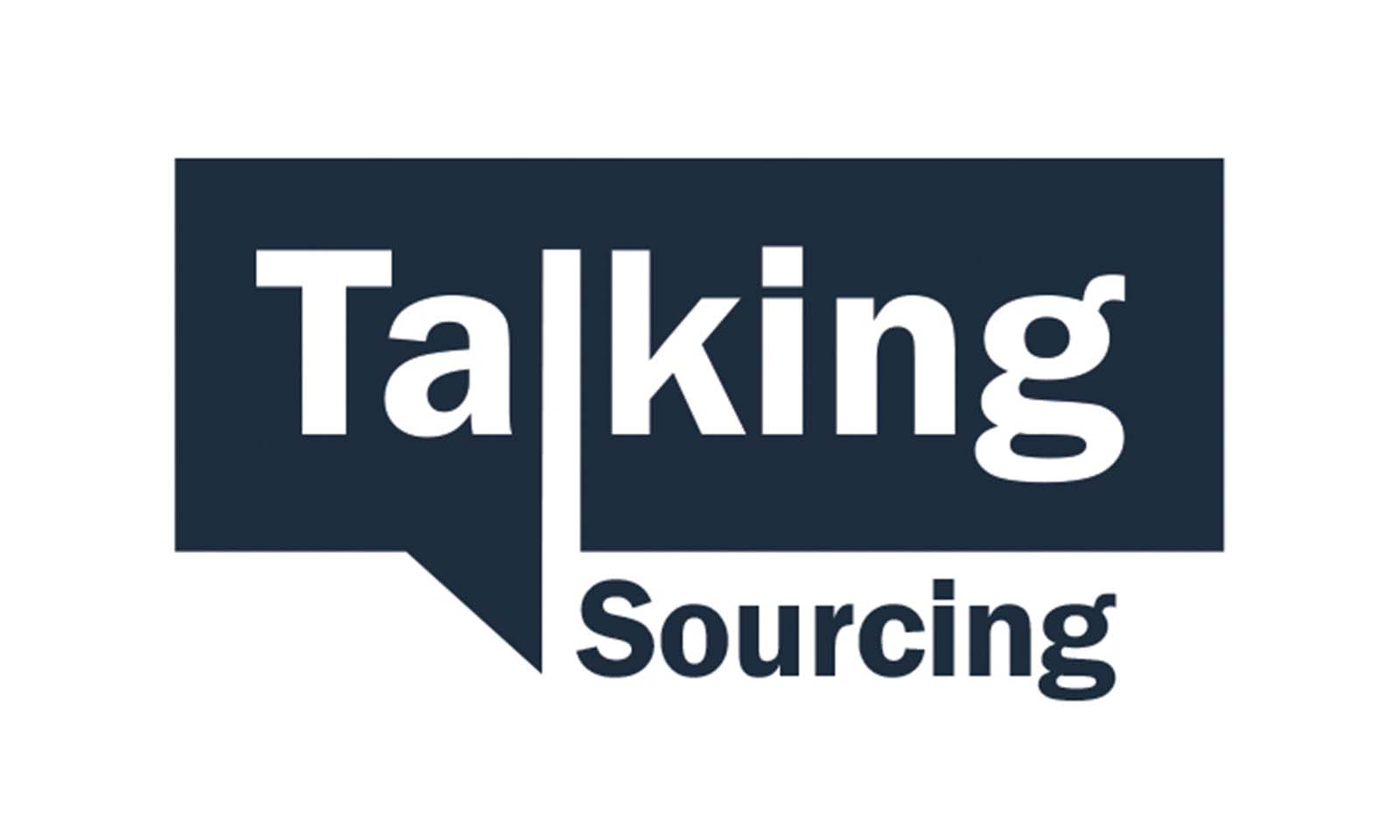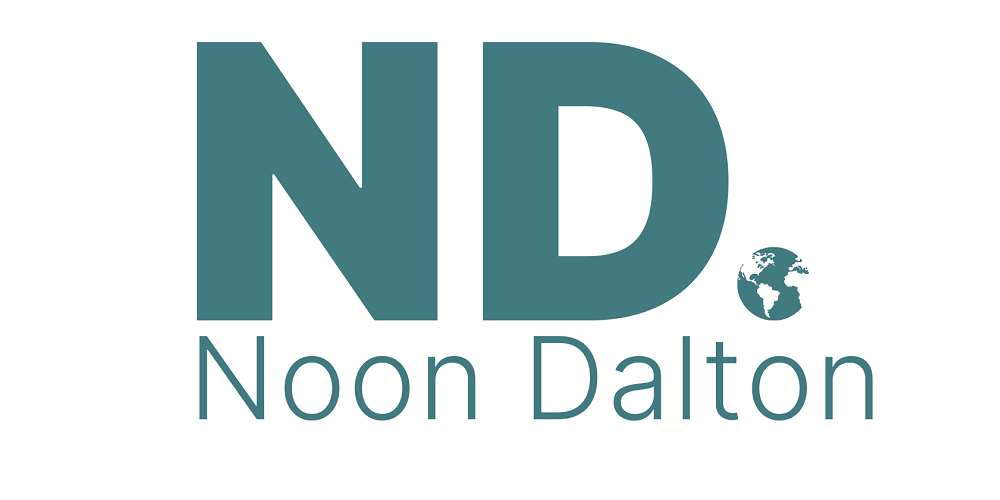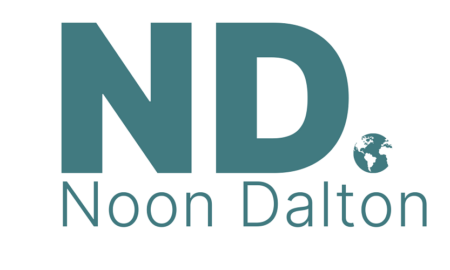Debt collection is and always has been an issue. Private businesses, councils, housing associations and myriad others are going to have to get bills paid and this means getting payments in. Intelligent Sourcing therefore joined forces with partner Sigma Connected to host a round table discussion led by Richard Lane, director of external affairs and operating subsidiaries for Stepchange Debt Charity and Jo Causon, CEO of the Institute of Customer Service.
One of the headline questions Richard raised was: “Why do customers wait 18 months before calling in help?” There will be many intrinsic reasons people resist external aid, starting with not quite believing they’re in a mess and continuing with not wanting to tell their family. He called for a change of tone, particularly in the light of the FCA rulings on customer duty: “The existing messages are simply not working,” he said. Half of his charity’s clients had been in difficulties for more than a year and he urged creditors to make them aware of advice services. This would ideally replace what they get at the moment, which is a feeling of fear and helplessness that can be overwhelming. From the business side, things can be as bad.
The providers need help as well
One difficulty in which a lot of businesses find themselves is that they send letters (the phrase “threatening letters” is unfortunate but this can be how they are perceived) and they make sure information leading to help is on all of them. These letters can end up going to people who are too nervous to open them.
Jo took up the story, taking a broader view about how well collections agencies as well as creditors, in the first place, were able to connect with their customers. She had never, she confirmed, seen such disparity in terms of customer expectations and actual performance. A striking ten per cent of customers in her Institute’s annual survey said they would pay a premium for better service while the reality was that the industry is struggling to retain and recruit the right people. The desired direction of travel is clear though: “In our latest UK Customer Service Institute report people are talking more about reassurance and less about transactional contacts.”
Getting things right first time would help (although nobody is blaming the individuals who have misunderstood something or who are guilty of human error). According to the survey the industry spends £9.2bn a month rectifying issues it has arguably created, which means it’s spending time and resource on crisis management rather than putting its energy into working on something creative. “Connection is vital and on the good side there has been a realisation of how important it is,” Jo said. “But you have to ask whether the culture is truly customer-centric or whether there are just some platitudes on the website.” This is important to the economy overall because in the UK at least, she stressed, 61% of the workforce is in customer service in some form. She pointed to one company that was taking 120 calls a day. All about scheduling debts.
What next
As always an event from Intelligent Sourcing took place under the Chatham House Rule so the identities of who (other than the speakers) attended is confidential but many were in related industries. However, all made valuable contributions. One person pointed out an agent can be on a call talking to someone who is in debt to the bank and be in an equally difficult position themselves. There was a classic case of “who’s helping the helper” going on.
Many people attending felt there was a need – somehow – to destigmatise debt. If someone has been unable to pay their bill they need to be unafraid of talking about it. There was frequent mention of the connection between mental health and finances, which affects both sides; if someone is approached by phone because they are in debt, a mental health issue might make them unable to treat the caller well so they might become abusive or they may need reminding they have done something unwise. “We see a lot of bipolar customers,” said one attendee. “They will go and buy 20 iPads on credit when they’re in a particular frame of mind not because they’re irresponsible but because that’s the behaviour their condition provokes.”
Agents themselves were under stress. One person around the table said that out of a group of 1200 agents they employed, 45 per cent had experienced abusive behaviour. This explains and is exacerbated by some organisations’ attrition rates; the staff are abused, the employer helps where they can but a percentage will decide they can’t take it – so they are replaced with new people who haven’t had the training that might help them to cope.
Ironically given the hype around what a good idea it is, this is where hybrid working isn’t helping. The advantage is that it can eliminate geographical boundaries when recruiting; the disadvantages are that it’s difficult to offer support to someone who is remote (you can’t see tears over the phone) and also that it means the service industry is fishing from the same pond rather than hiring local people.
There were positive thoughts as well. Making sure that a contact centre provider had an element of impact sourcing so the operatives felt they were doing good was important, and several of the attendees had put an early intervention team in place. Overall, the industry’s abiding aim remained to professionalise even further and make people aspire to a career in services.
There were also ticking time bombs, however. By Now, Pay Later was seen as a potential issue, with one attendee confirming they had a client who had come forward with 81 such loans. This sort of scheme wasn’t around when the current rules on lending were set and legislation from the FCA is under development. Also people had an instinct that individuals in difficulties were borrowing on one credit card to pay another, or to offset another debt, so nothing was actually being paid off.
It’s a problem that’s going to increase rather than shrink as the world moves into a likely recession. The people present concluded that there were a number of actions that could help. The tools to help people in difficulty needed to be introduced in a way that people would actually see them. The culture needs to change so that debt is recognised as an issue but not stigmatised. From the staffing point of view, flexible working was a positive thing but the best businesses were already taking steps to ensure people didn’t feel isolated and burned out – this needs to extend throughout the industry.
It’s going to be tough but the collection industry is braced and taking steps.
For more information on responsible collections and supporting the vulnerable customer contact Sigma Connected












